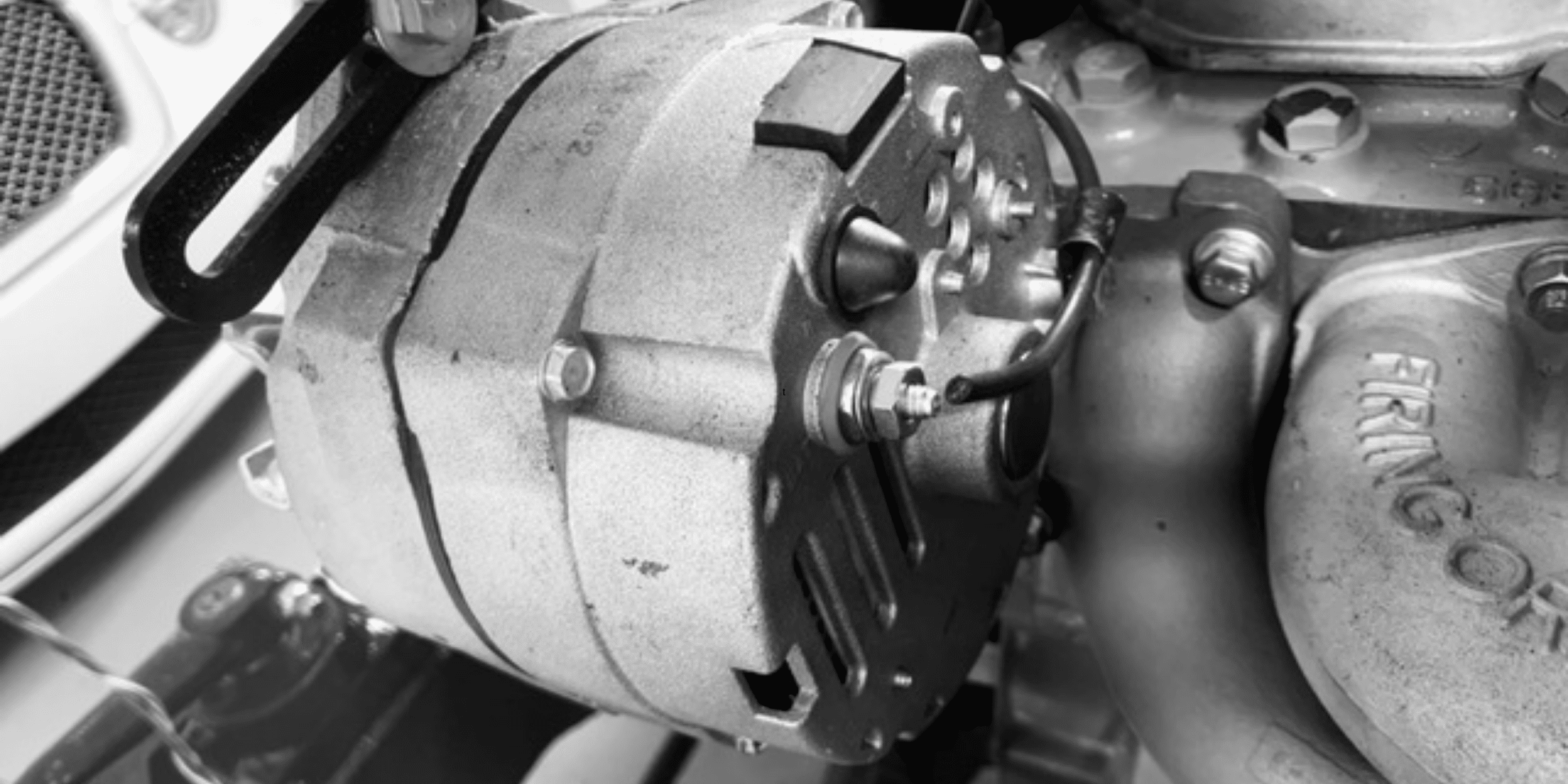Battery Load Testing Benefits for Winters in Kelowna
If you call BCAA this winter, the chances are good that the topic of discussion will be a dead battery. The company claims that the calls they receive most are due to cold conditions causing a weakened battery to completely fail. Many of these calls to get a boost, or tow, could be avoided by load testing your car’s battery before winter. Both the summer heat and Okanagan winters can take a toll on your vehicle battery. However, it is a much bigger inconvenience to deal with a dead battery while shivering than when sweating.
When Motor Werke’s European auto technicians hear complaints regarding cranking or drivability, we always begin at the heart of the vehicle, the battery. Batteries used to last between 5 and 7 years, but many drivers have recently experienced a dramatic decrease in their batteries’ lifespans. These drivers are not losing their minds. It is a fact. Modern cars put heavier demands on batteries with more fancy electronic features we have come to love such as heated seats and steering wheels, heated mirrors, touch screen monitors, navigation systems and even built in massage seats. There is also pressure on manufacturers to make batteries smaller and cheaper, sacrificing the life expectancy of the battery.
Here at Motor Werke, we have tried numerous battery load testers over the years and choose only the most reliable, consistent diagnostic tools on the market. Our skilled auto technicians ensure you are driving safely with a healthy battery, especially heading into a cold winter. This year has been full of surprises including an early dump of snow in October for Kelowna, catching many of us off guard. Temperatures look like they are heading in the right direction to a seasonal normal for the Okanagan but because of the numerous twists and turns this year, we are helping our customers stay as prepared as possible.
Before winter hits for good this season, let’s go through some battery care tips…
Test or Replace Your Battery in Milder Fall Weather
A vehicle’s engine requires more power to start when the temperatures are colder, and the colder temperatures make it harder for your battery to provide energy. If there is any sign of the battery struggling now in milder weather, the likelihood that it will let you down during the winter is high.
Maintain the Voltage
Keep the battery fully charged throughout the winter using a trickle charger or maintainer, especially if you only make frequent short drives (less than 5 kilometres) or the car is parked for more than a week at a time.
Check Car Battery Connections
Autumn weather in the Okanagan can be unpredictable with unexpected high heat, moisture, and early snowfall which can cause corrosion and other problems with battery connections. Ensure cables, posts, and fasteners are in good shape, plus check the battery connections to confirm they are clean and tight.
IMPORTANT SAFETY NOTES
When a battery charges, it gives off hydrogen gas. Hydrogen is flammable and can explode if a spark occurs near the battery.
DO NOT attempt to jump start or recharge a frozen battery. Remove the battery from the vehicle, bring it into a warm room and let it thaw before charging or testing.
Always wear safety glasses and gloves when handling a car battery.
Always follow the manufacturer’s instructions for testing, jumping, installing, discharging, charging, equalizing and maintaining batteries.





